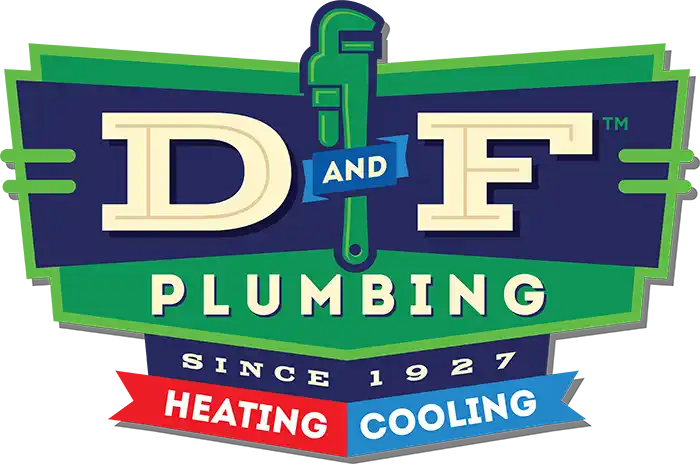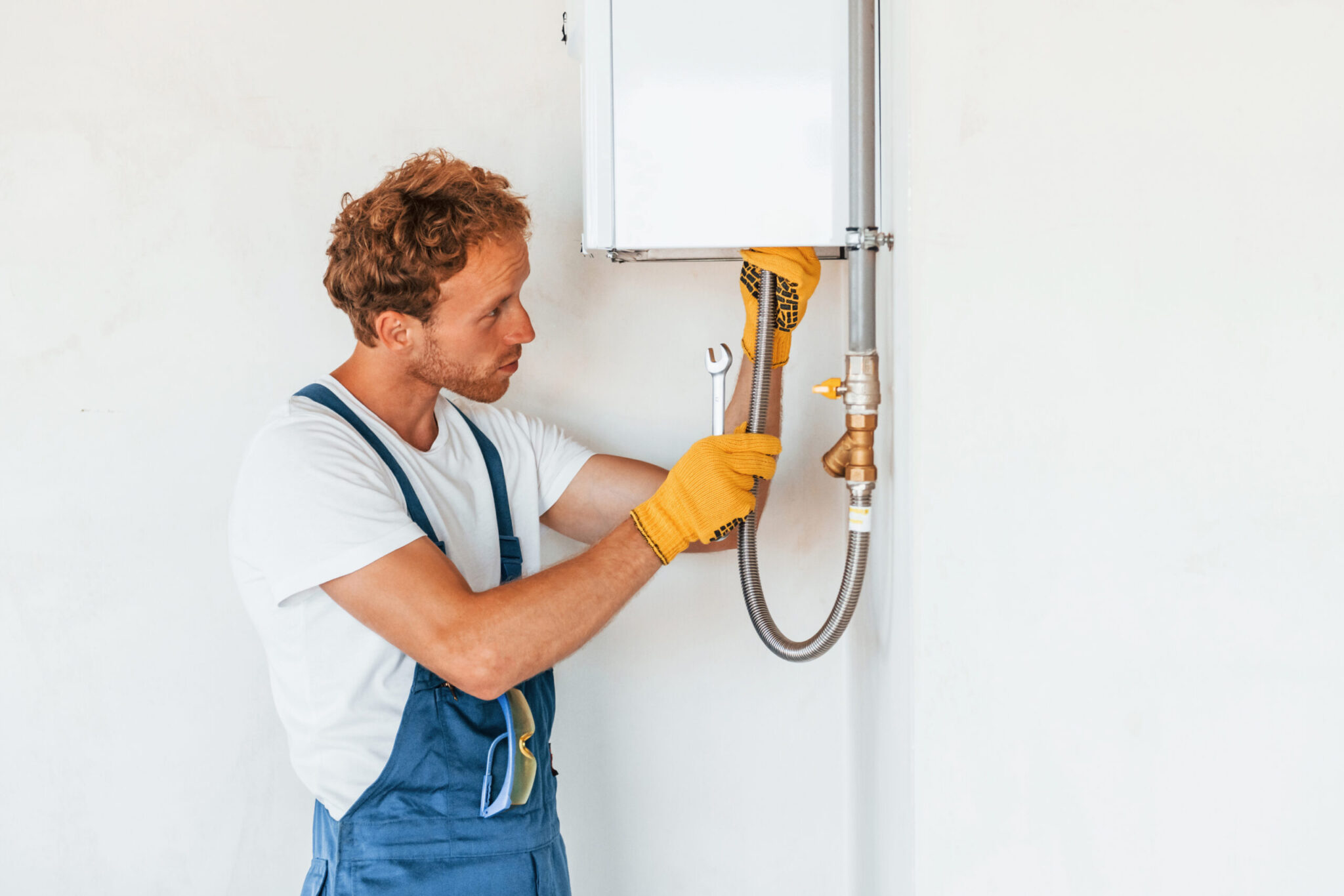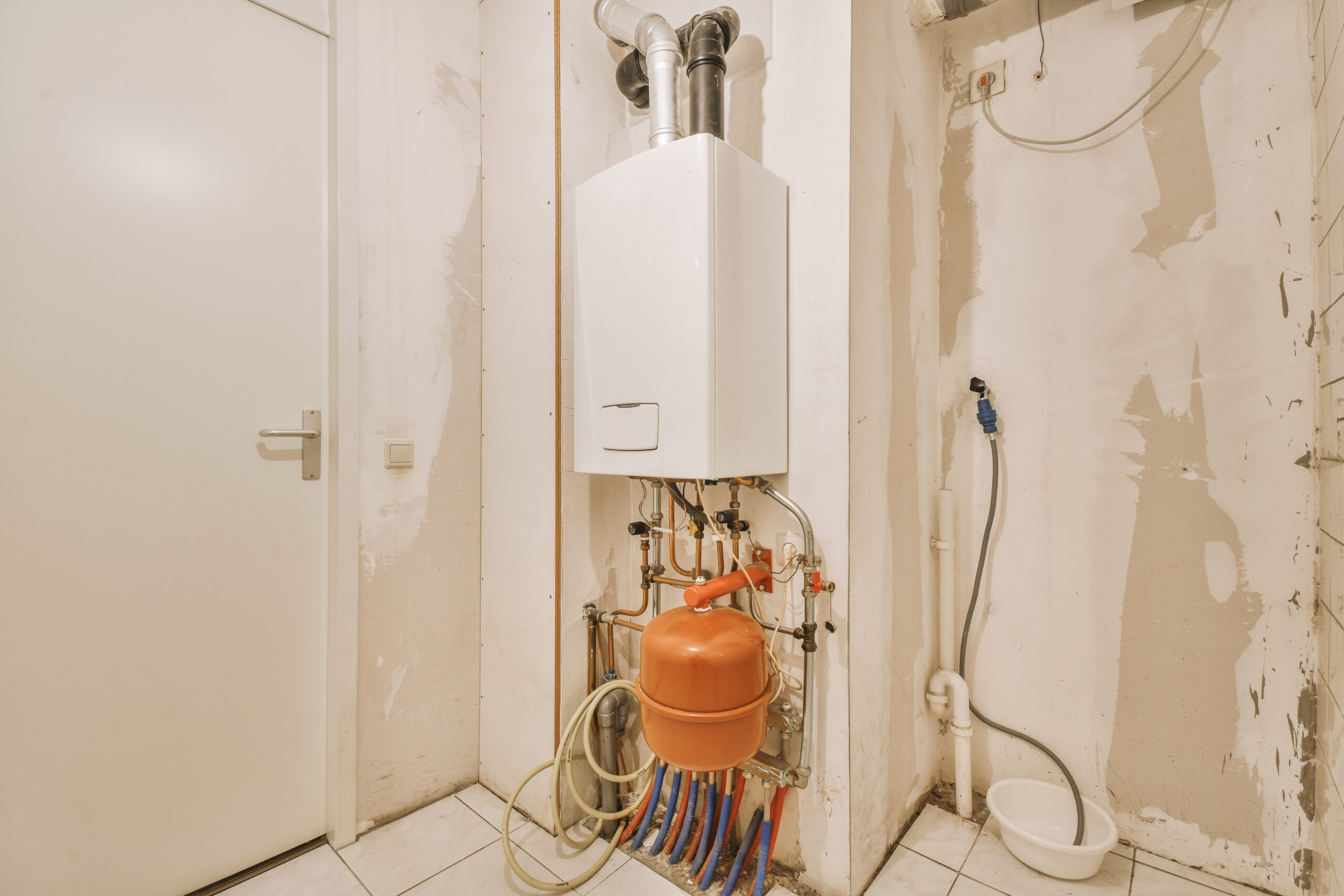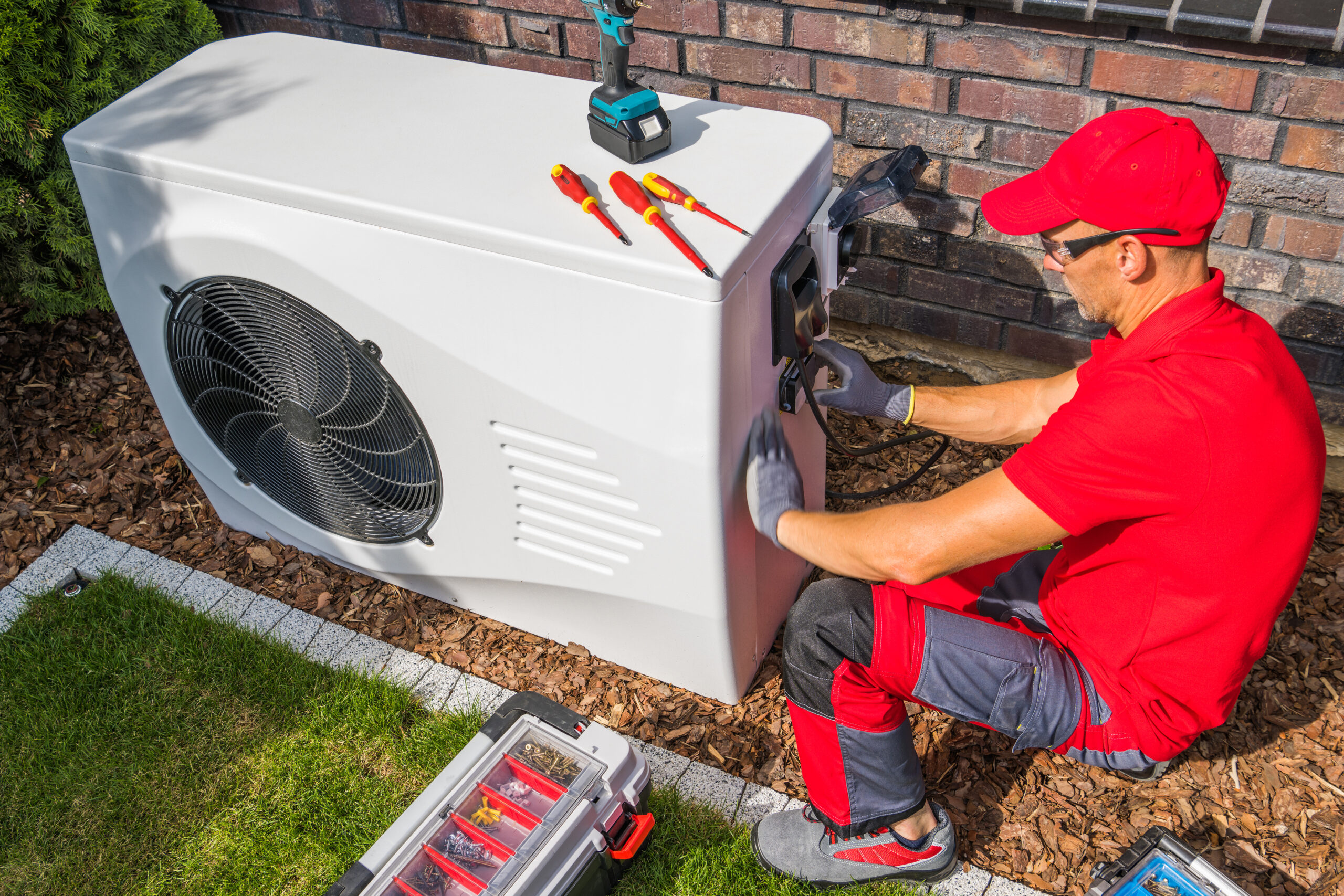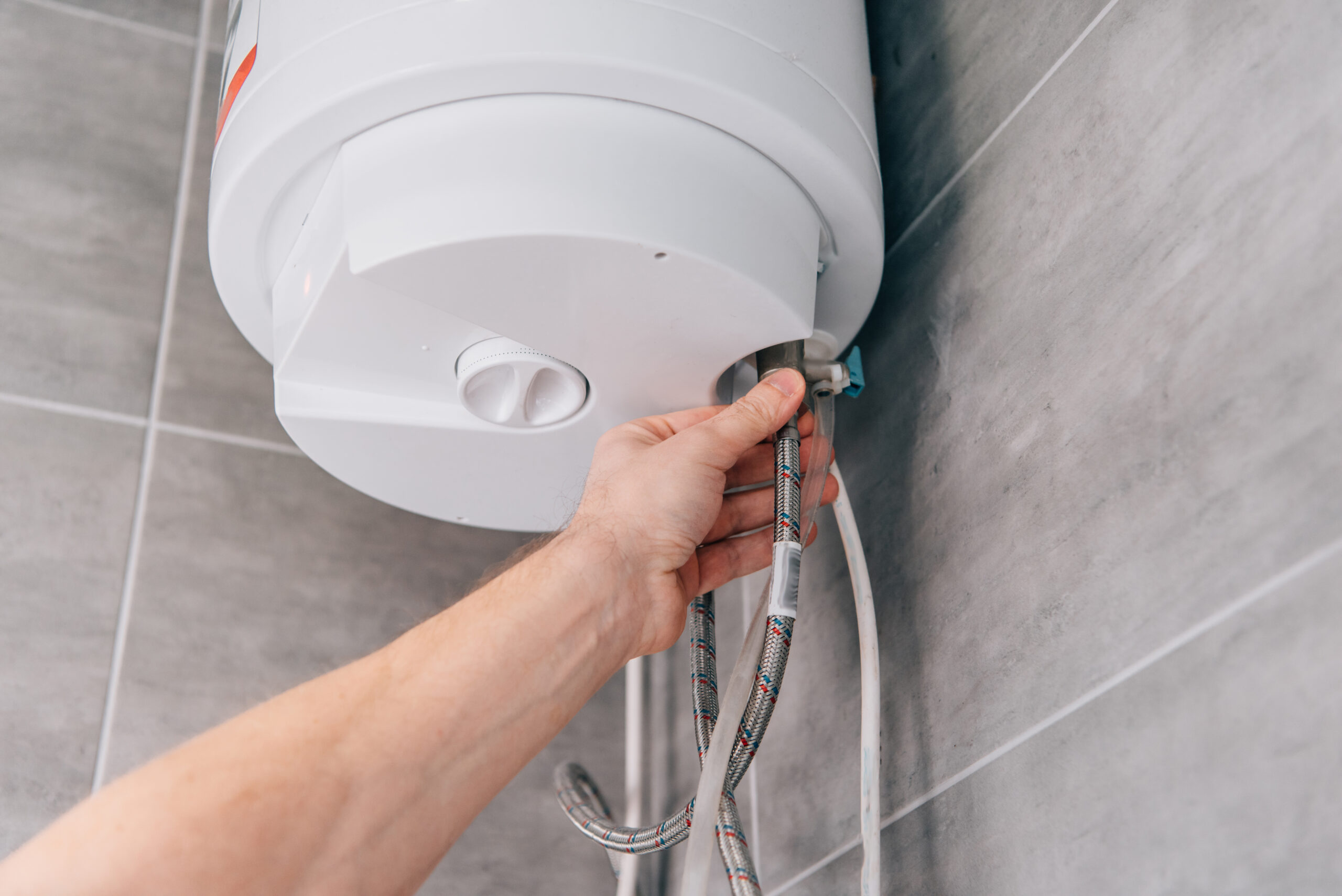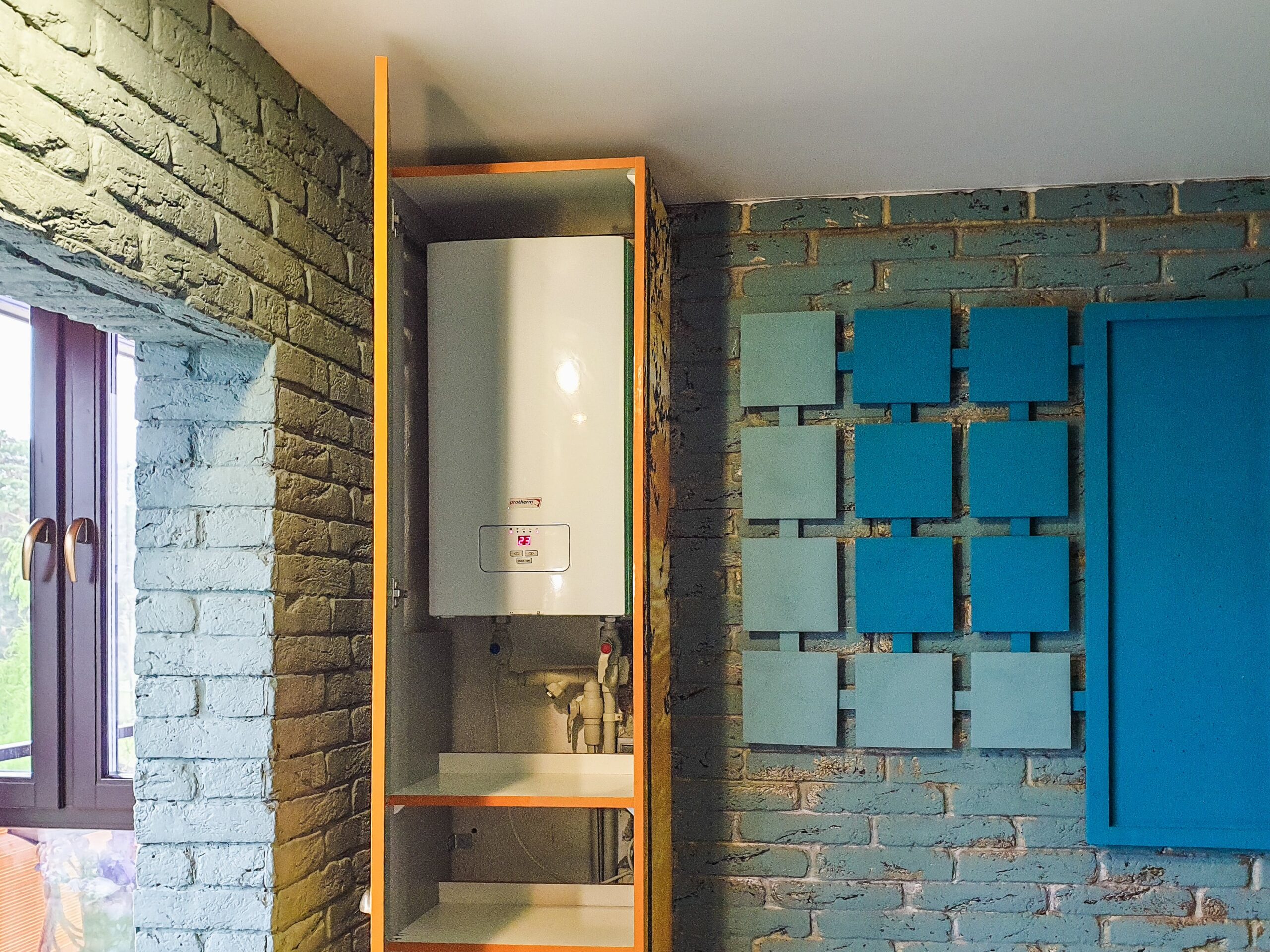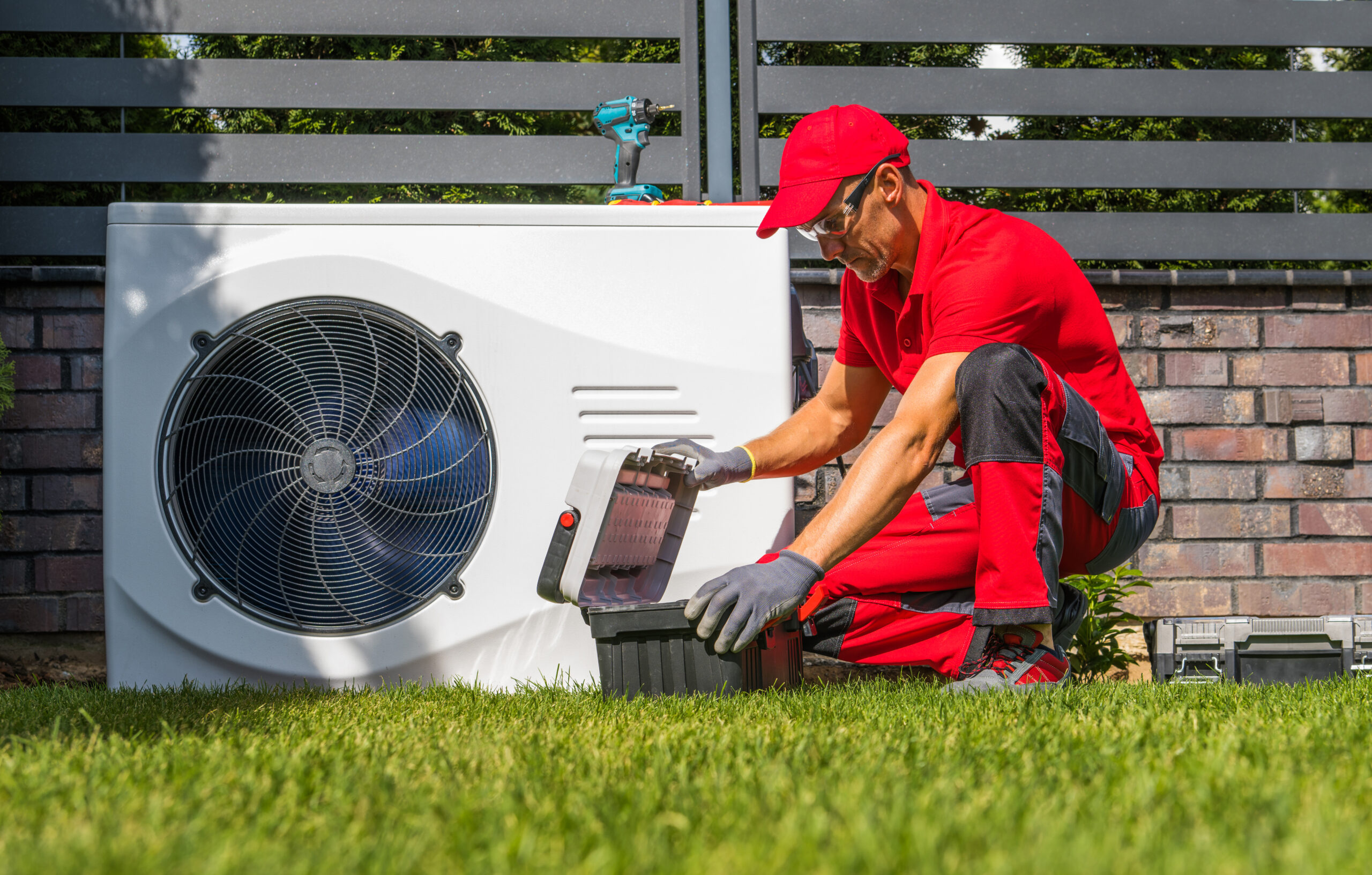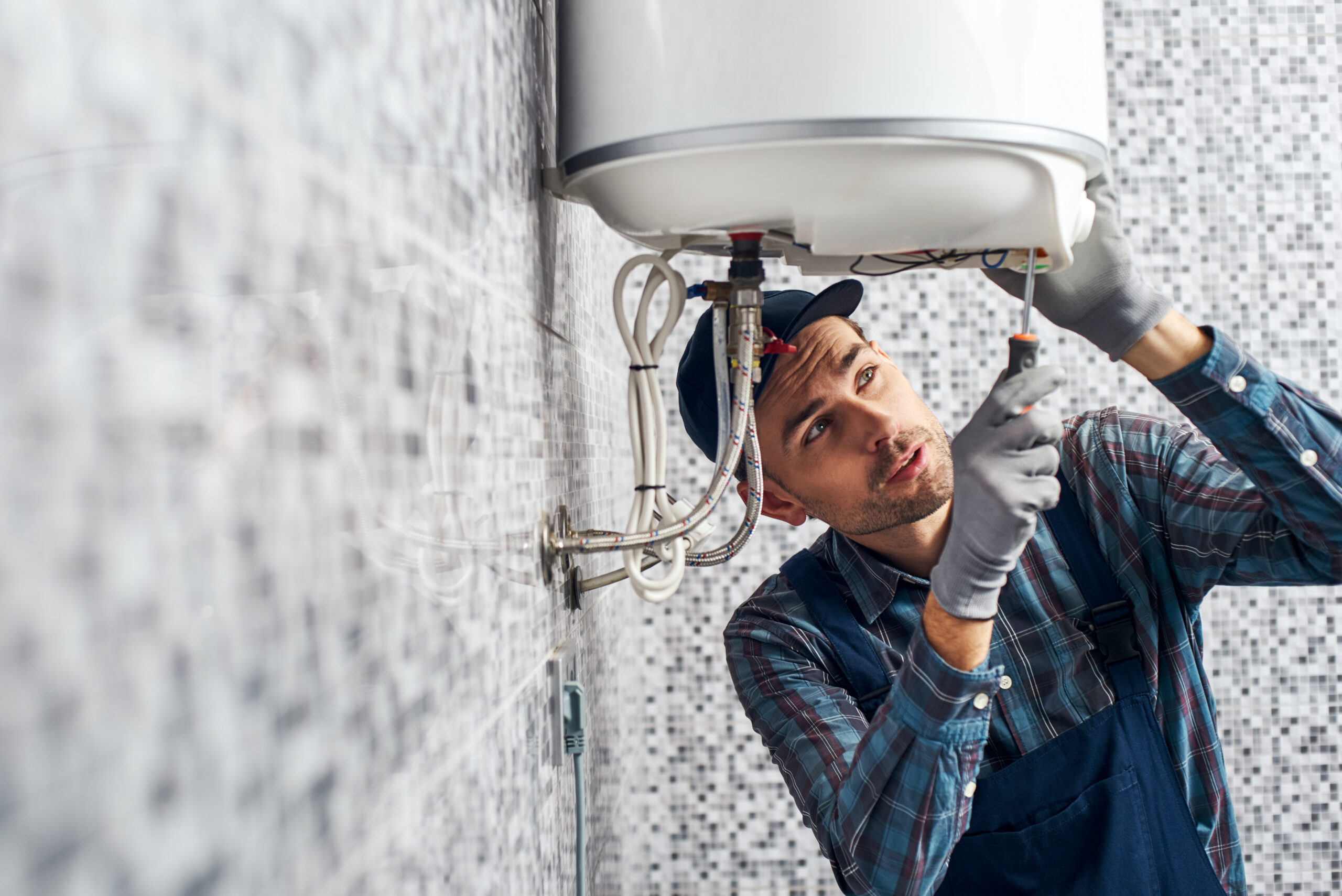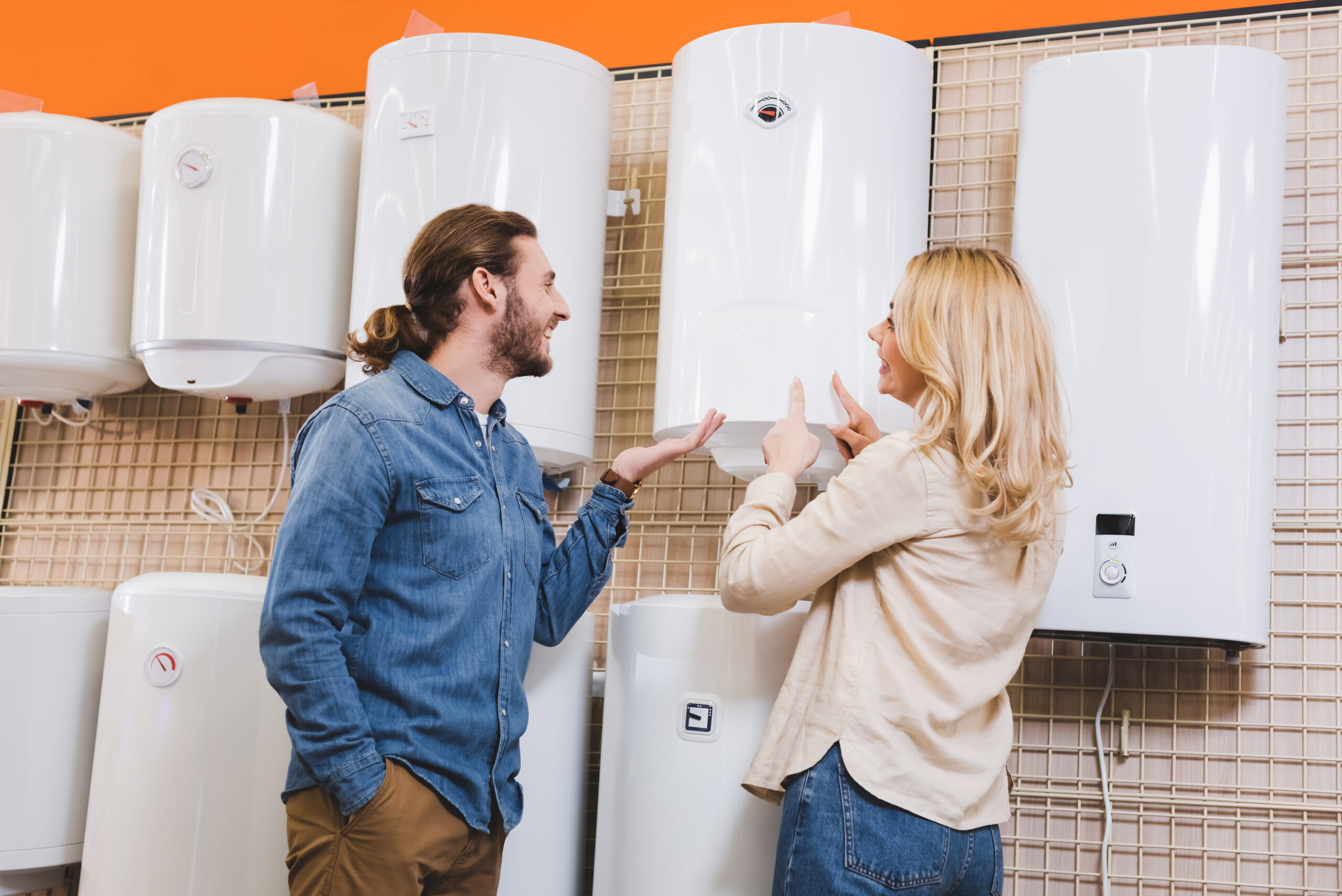As Portland homeowners brace for the chill of winter, ensuring your heating system is in top condition is crucial for comfort and safety. Seasonal heater maintenance isn’t just about enhancing performance; it’s about preventing unexpected failures that could lead to costly repairs and uncomfortable cold spells indoors. With reliable services from our professionals understanding and performing essential maintenance on your heating system can become a straightforward part of your winter preparations.
Explore the practical heater maintenance tips, tailored specifically for the unique climate and demands of Portland. From checking filters to scheduling professional inspections, we’ll guide you through the key steps to ensure that your heating system is efficient, reliable, and ready to handle the cold months ahead.
Inspect and Replace the Air Filter Regularly
One of the simplest yet most effective ways to maintain your heating system is by inspecting and replacing the air filter. A clogged or dirty filter restricts airflow, forcing your heater to work harder, which can lead to increased wear and tear on components. We recommend checking your filter every month, especially during high-use seasons like winter. If the filter looks dirty, it’s time to replace it. Typically, replacing the filter every three months is advised, but this can vary based on the specific demands of your environment and the type of filter used.
Schedule Annual Professional Inspections
To ensure optimal performance and safety, our professionals should perform an annual inspection of your heating system before the cold season begins. During these inspections, we examine crucial components such as the heat exchanger, burner, and blower motor for signs of wear and tear. We also verify that the system controls and safety devices are functioning correctly. These routine professional checks can prevent unexpected breakdowns and extend the life of your heating unit.
Seal Ductwork to Prevent Heat Loss
Leaky ductwork can significantly reduce your heating system’s efficiency by allowing warm air to escape into unheated areas of your home. We use specialized tools to test for leaks and will seal or repair any compromised ductwork. Sealing ducts not only improves the efficiency of your heating system but also enhances overall comfort by more evenly distributing heat throughout your home.
Adjust Your Thermostat Settings
Optimizing your thermostat settings is key to balancing comfort with energy efficiency. Lowering your thermostat by a few degrees when you’re asleep or away from home can significantly reduce your heating costs without sacrificing comfort when you’re awake and at home. Consider installing a programmable or smart thermostat that makes these adjustments automatically. These devices allow you to set a heating schedule that aligns with your daily routine, so you’re not paying to heat an empty house.
Check and Maintain the Heating System’s Components
Regularly checking and maintaining the mechanical components of your heating system can prevent minor issues from becoming major problems. Components such as belts and bearings in the blower should be inspected for wear and replaced if necessary. Lubricating moving parts can help ensure they function smoothly and reduce the likelihood of malfunctions. Additionally, checking the system’s ventilation and exhaust outlets is crucial to prevent blockages that could lead to dangerous carbon monoxide buildup inside the house.
Utilize Insulation to Maximize Heat Retention
Proper insulation in your home is crucial for maintaining a comfortable indoor temperature and reducing heating costs. Inspect areas such as the attic, basement, and crawl spaces and enhance insulation if needed. Additionally, consider using weather stripping and caulking around windows and doors to prevent cold drafts from entering and warm air from escaping. Effective insulation not only helps keep the heat in but also contributes to a significant reduction in energy usage over time.
Be Aware of the Heating System’s Age
Understanding the age of your heating system is crucial as older systems are generally less efficient and more prone to breakdowns. If your system is nearing the end of its typical lifespan—generally around 15 to 20 years—consider having our professionals evaluate its condition during your annual inspection. We may recommend upgrading to a newer, more energy-efficient model not only to improve heating and comfort but also to reduce your overall energy costs and the likelihood of unexpected repairs.
Stay Vigilant About Strange Noises or Smells
Always be attentive to unusual noises or smells coming from your heating system. Rattling, banging, or squealing sounds can indicate loose or worn-out parts, while unusual smells might signify burning dust within the system or, more seriously, an electrical problem. If you notice any of these signs, turn off your heating system and contact us immediately. Addressing these issues promptly can prevent further damage and maintain the safety of your home.
Maintaining your heating system effectively requires a combination of simple DIY tasks and professional services provided by our trained technicians. By adhering to these essential maintenance tips, you can ensure that your heating system operates efficiently, safely, and reliably throughout the cold months in Portland, providing you with peace of mind and comfort in your home. Our team is always ready to assist you with more specific needs or to provide professional maintenance services to keep your system in prime condition.
Ensure Warmth All Winter Long
As Portland’s winter approaches, proactive maintenance of your heating system is more than a convenience—it’s a necessity. Following the essential tips can significantly enhance your system’s efficiency and longevity, ensuring a warm and safe environment for your family. Remember, while regular checks and minor adjustments can be handled personally, our professional services, are crucial for comprehensive inspections and repairs.
Don’t wait for the cold to creep in. Schedule your annual heater maintenance in Portland, OR with D&F Plumbing, Heating and Cooling today to ensure your system runs smoothly through the chilly months ahead. Let us help you stay warm and secure, no matter what the weather brings!

